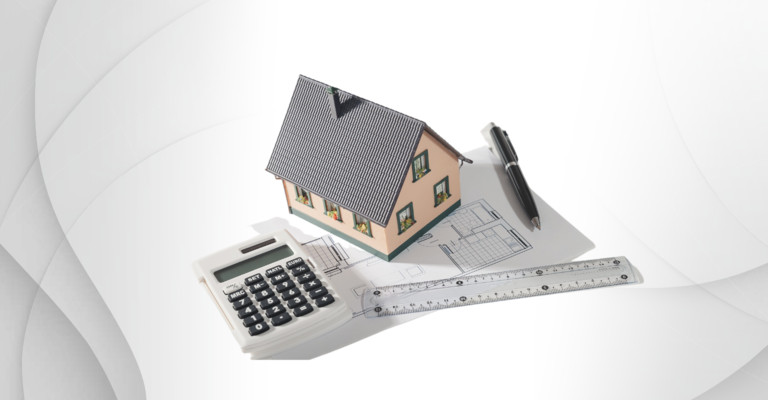 A reverse mortgage, or a financial agreement where the homeowner releases equity in their home in the form of payments, is a common way to supplement retirement funds for those who are over the age of 62. Reverse mortgages are not a “last resort” type of loan, and the average age of those using a reverse mortgage remains close to 74.
A reverse mortgage, or a financial agreement where the homeowner releases equity in their home in the form of payments, is a common way to supplement retirement funds for those who are over the age of 62. Reverse mortgages are not a “last resort” type of loan, and the average age of those using a reverse mortgage remains close to 74.
The adult children of parents considering a reverse mortgage often have input throughout the process on whether their parents should go through with the reverse mortgage or not. This can be a difficult conversation to have because adult children may want to stay neutral in the situation and allow their parents to make their own decisions, but they also have to consider the long-term impact. Before making a plan to apply for a reverse mortgage, be sure to sit down and talk with your parents to ensure everyone involved is on the same page.
According to an article from the Family Caregiver Alliance, as long as the person receiving the reverse mortgage stays in the home, there’s no mandatory payment and the additional cash can be used for anything. After receiving the loan, you’ll still have to pay property taxes and home insurance as usual. Here’s why a reverse mortgage could be a good idea for your parents right now:
- No Increase to Monthly Expenses. Borrowers are not required to pay back the loan until the home is sold or vacated. If there are plans to sell the home in the near future, be sure to make a plan to pay back the mortgage and research current housing market trends and interest rates. However, if your parent’s plan is to stay in the home until the end of life, then it may not matter much. Just be sure to communicate potential funds to pay back the loan following the end of life with your siblings and parents.
- Ability to Delay Social Security Payments. Anyone can start receiving social security at age 62 but risk a reduction of as much as 30%, according to SSA.gov. If your parent is able to delay taking social security benefits until the age of 70, his or her benefits significantly increase. For example, if you start receiving retirement benefits at age 67, you’ll get 108% of the monthly benefit and 132% if you wait until 70. In some cases, people have more money in their home equity than they do in retirement savings and 401(k) accounts. A reverse mortgage can supplement income if your parent wants to wait until their late 60s or age 70 to claim social security. Although it’s common to hear about living off your pension, retirement savings, and social security when you retire, don’t forget about your biggest asset – your home.
- Still Claim Medicare Availability. Health insurance is a huge topic for those preparing to retire, and Medicare covers 18.7% of the U.S. population as of 2022. If your parents are worried about still having access to health insurance following taking a reverse mortgage, reassure them that those benefits won’t disappear. However, also be sure to educate your parents that there are fees associated with a reverse mortgage, and make sure there is a plan to cover those fees. The interest rate is set by the government, and the bank may charge up to 5% of the home’s value as a fee. However, with the right planning and timing, you’ll find a strategy that works for you.
If you have further questions or need help planning your parent’s reverse mortgage, let Shawn White – Mortgage Advisor Puget Sound help.








